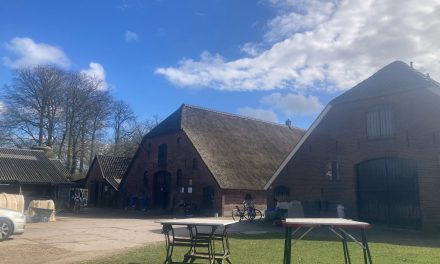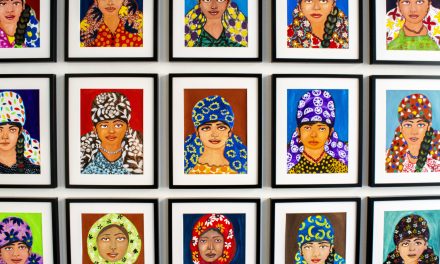For the past year, the world has been captivated by Covid-19. To handle this crisis, each country has a different approach on dealing with and resolving the situation. As The Netherlands has been lacking behind dealing Covid, they are heavily criticized. There is something to say about the way the government handles it and the way its residents behave towards to measures that are taken. Does this have anything to do with their culture?
In the beginning of the corona crisis, The Netherlands seemed to handle everything pretty well. Lately opinions are more divided. The Lowy Instituted compared 116 countries on six different indicators that would show the country’s performance. The Netherlands ranks 75th, which is not great. This shows that the measures did not have the desired effect.
Reasons for the backlog
Saskia Maarse, a cultural expert from The Netherlands, has written an article on how Dutch culture affects the way the Dutch people are handling Covid-19 measures. She says: “Compared to other countries, the Netherlands scores average when dealing with rules. If we were that bad at following rules, then we would not take out the trash or stop at a red light. Dutch people know very well that in that small of a country, you have to have rules, otherwise it will become a mess.”
So, Dutch people can appreciate rules. However, they tend to form an opinion on everything around them. Maarse says that it is the reason why the Netherlands stayed behind. “Multiple factors play a role. For example, we have a consultation culture. Before anything can happen, like imposing measures, many opinions are shared. The Netherlands has 17 million experts, who all want to add their own spin to it. Therefore, you’ll get a disadvantage, comparing to countries who don’t have that consultation culture. They are more hierarchical and they listen to one leader who tells them how they should handle things.”
Other countries blame the backlog on the stubbornness and criticalness of the Dutch people. Maarse agrees but does not only see it as a bad thing. “Yes, we are stubborn, but that is the negative side. You can also call us resourceful, solution-oriented or self-sufficient. As Dutch people we are brought op to think for ourselves. Being critical has also made us creative.”
Communication is the key to behavioral change
Over time, the government has learned to approach its nation differently. With the use of behavioral insights, Prime Minister Mark Rutte adjusted his way of communicating to the Dutch culture. Dr. Inge Merkelbach did a study on the use of communication to achieve behavioral change. “At the first couple of conferences, Rutte was quite tough with his communication. The people should just abide to the measures. A lot of people don’t like that.” The Netherlands is not a country that is known for its hierarchy. Merkelbach continues: “Later he turned this around. He framed his communication more positive. He said things like: ‘Most people listen to the measures, with a few exceptions.’”
Should we compare to each other?
The Netherlands has shown improvement in their own way. However, countries are still comparing to each other. Maarse says: “Countries are prone to compare and when we do, we only see the negative. The bigger the differences, the more negative the stereotypes get. But after some time, when we understand more about each other, realize more, the perception will change. There is no right or wrong, we’re just different. Our culture defines how we react”. Maarse adds: “Looking back, the world will not talk about right or wrong, but we’ll look at what we’ve learned”.
Here you can listen to some Dutch opinions on the topic




